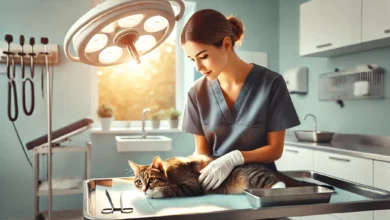How to Choose The Right Cat for Your Lifestyle

Getting the right cat for your way of life can end up being one exceptionally important decision.
Be it a perky sidekick or simply a more independent feline companion, what is significant is that you recognize how factors like living space, daily routines, and personal preferences play a role in finding the *right cat*.
Like people, cats also have unique personalities, and the right cat selection will significantly impact both you and your chosen cat.
Knowing your needs and the qualities of your cat is key to establishing a comfortable and enriching relationship with your new furry family member.
Understanding what makes the *right cat* for you is essential.
Concerning picking the right cat for your lifestyle — from your own habits to cat-specific traits — this article will walk you through the process.
We will assist you with knowing what to search for in a cat’s personality, age group, breed, and health so you can make a decision that is perfect for both you and your cat companion.
The goal is to ensure that you are bringing home the *right cat* that fits seamlessly into your life.
Table of Contents
Understanding Your Lifestyle: Key Factors in Choosing The Right Cat
In the first place, know thyself when choosing the *right cat*.
Not all cats are the same, and certain cat breeds or temperaments may not mesh well with your particular lifestyle.
Finding the *right cat* means considering how their characteristics align with your everyday life.
Do you love being active and constantly on the go, or do you enjoy spending time at home?
These should guide your choice for the *right cat* that will thrive in your environment.

Active or Relaxed: Matching Your Energy Level with The Right Cat
Similar to humans, cats have different energy levels, and finding the *right cat* means understanding their activity needs.
Some cats are highly active and need a lot of playtime and activities, while others simply want to relax around the house.
If you have an active lifestyle, you should consider choosing a breed of cat that is known for having energy and playfulness, like a Bengal or Abyssinian.
These cats love chasing toys and exploring new spaces and could be the *right cat* for your active life.
On the other hand, if you prefer a slower pace, you might want to opt for breeds like the British Shorthair or even the Ragdoll.
These cats are known to be very gentle and affectionate.
They just love spending their time being cuddled or having quiet moments rather than engaging in high-energy activities.
If a calm demeanor suits you, these might be the *right cats* for you.
- If you are the type that stays active, playful breeds like the Bengals should be considered for the *right cat*.
- If you want a very casual companion, choose breeds like Ragdolls, known for their relaxed or very calm nature. This could be the *right cat* for you.
- Match your energy with your cat’s to find harmony in the relationship. That’s how you know you’ve chosen the *right cat*.
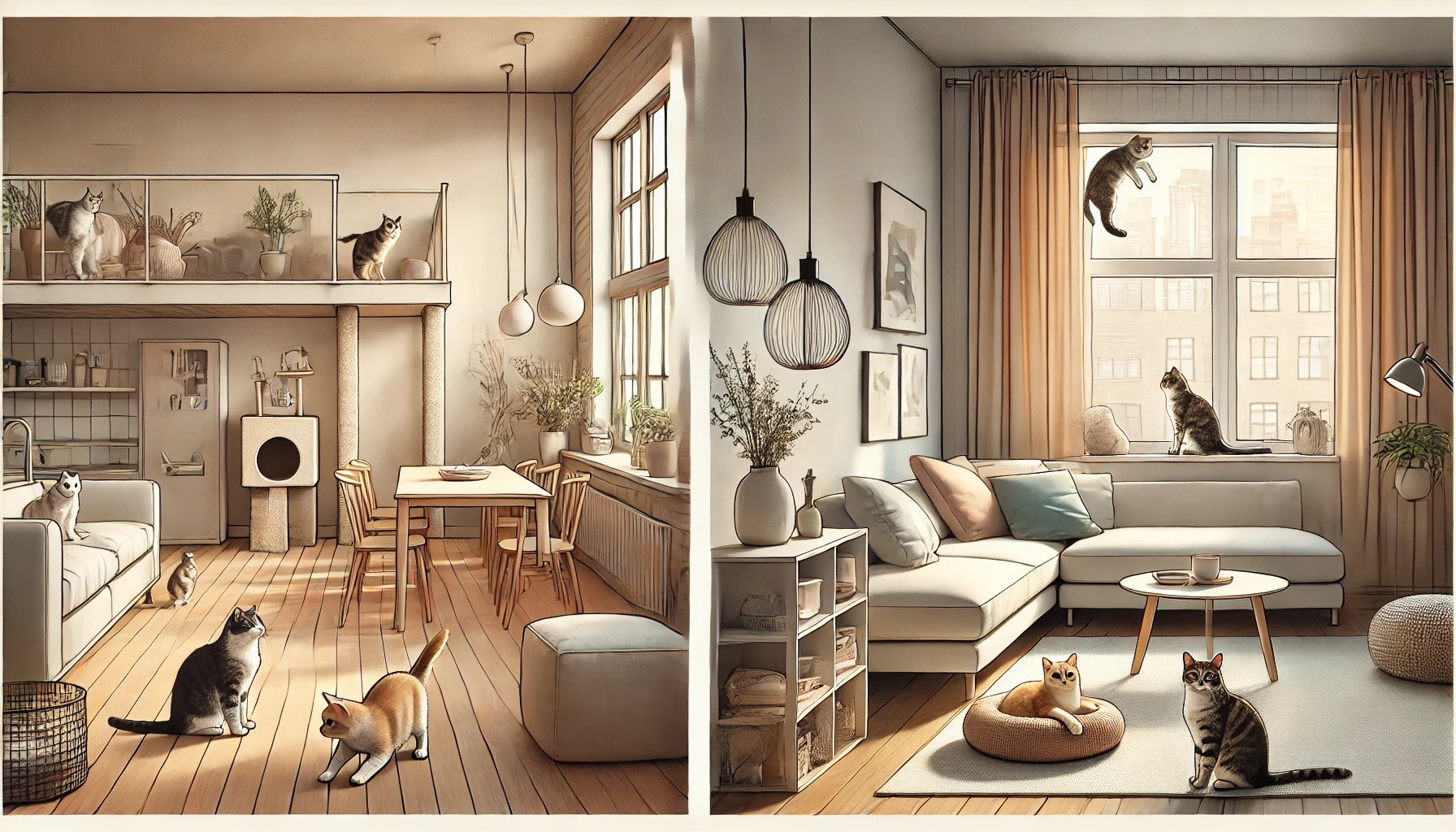
Living Space: How Your Home Affects The Right Cat Choice
Your living environment is key in choosing the *right cat* for your needs.
Do you live in a small apartment or perhaps in a large house?
Cats with high energy levels generally require more space to move around, while more sedentary cats may be completely content with smaller living quarters.
Choosing the *right cat* means factoring in how much space they will need to feel comfortable.
For example, you might go for a breed that is low-energy or even an adult cat, which doesn’t have much energy left to burn, in a tiny apartment.
This could be the *right cat* for your living situation.
On the other hand, if you have a larger house or even outdoor space, you may want to consider a more adventurous type of breed that enjoys going out and engaging in different activities.
This adventurous cat might be the *right cat* for your home.
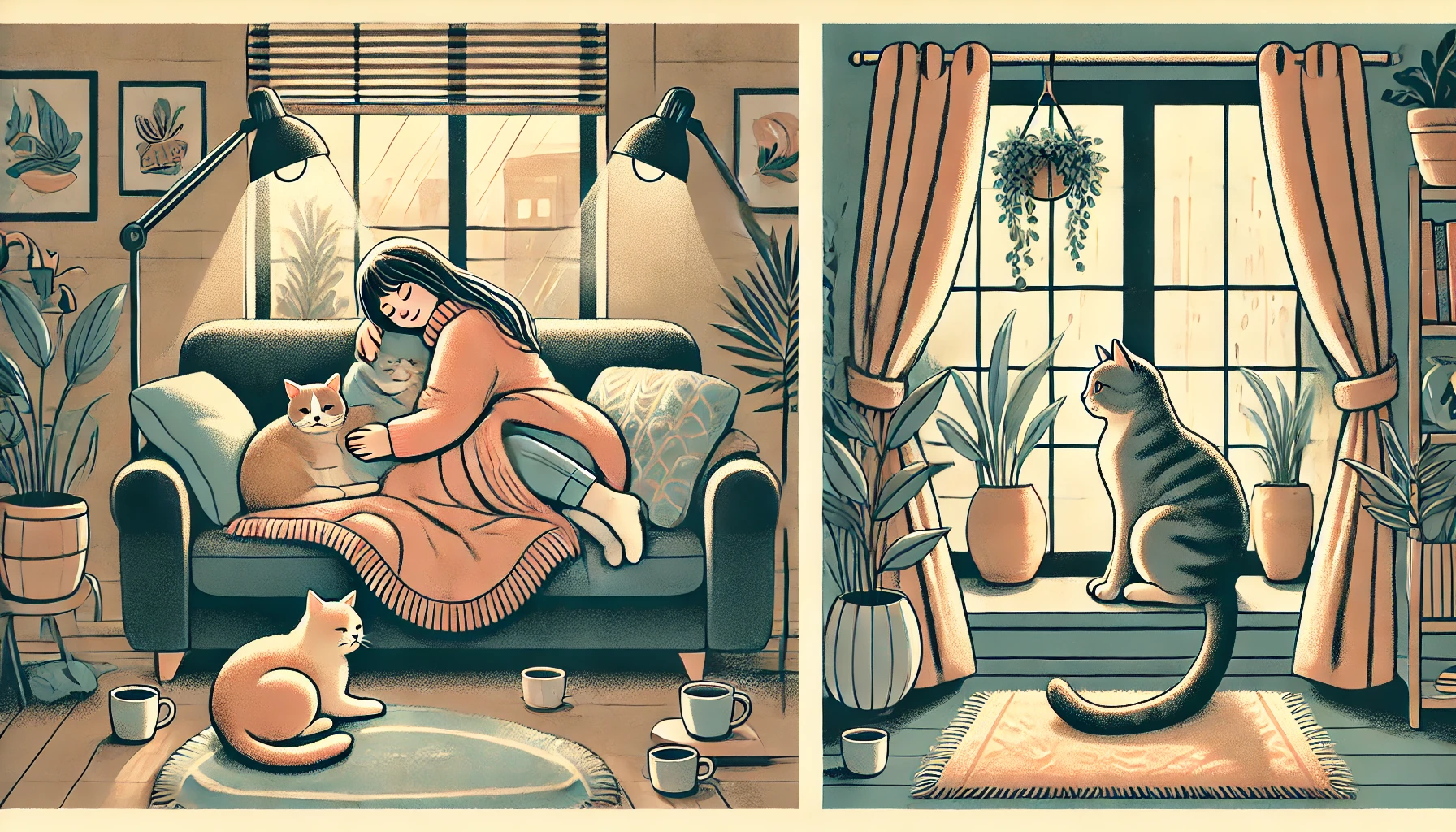
Decoding Cat Personalities: Find The Right Cat Temperament
Finding the *right cat* isn’t just about the energy level of the feline; it’s also about their unique personality.
Cats, very much like people, have various characters, and understanding what they are will assist you with finding the *right cat* for your needs.
Might it be said that you are searching for a feline that will be in your lap constantly or generally demanding of your friendship, or do you want a more independent cat that wouldn’t mind investing some energy alone?
One might imagine that translating a cat’s character is mind-boggling, but it turns out to be relatively clear with some observation and a basic understanding of common cat temperaments.
With a bit of patience, you’ll be well on your way to picking the *right cat* for your home.
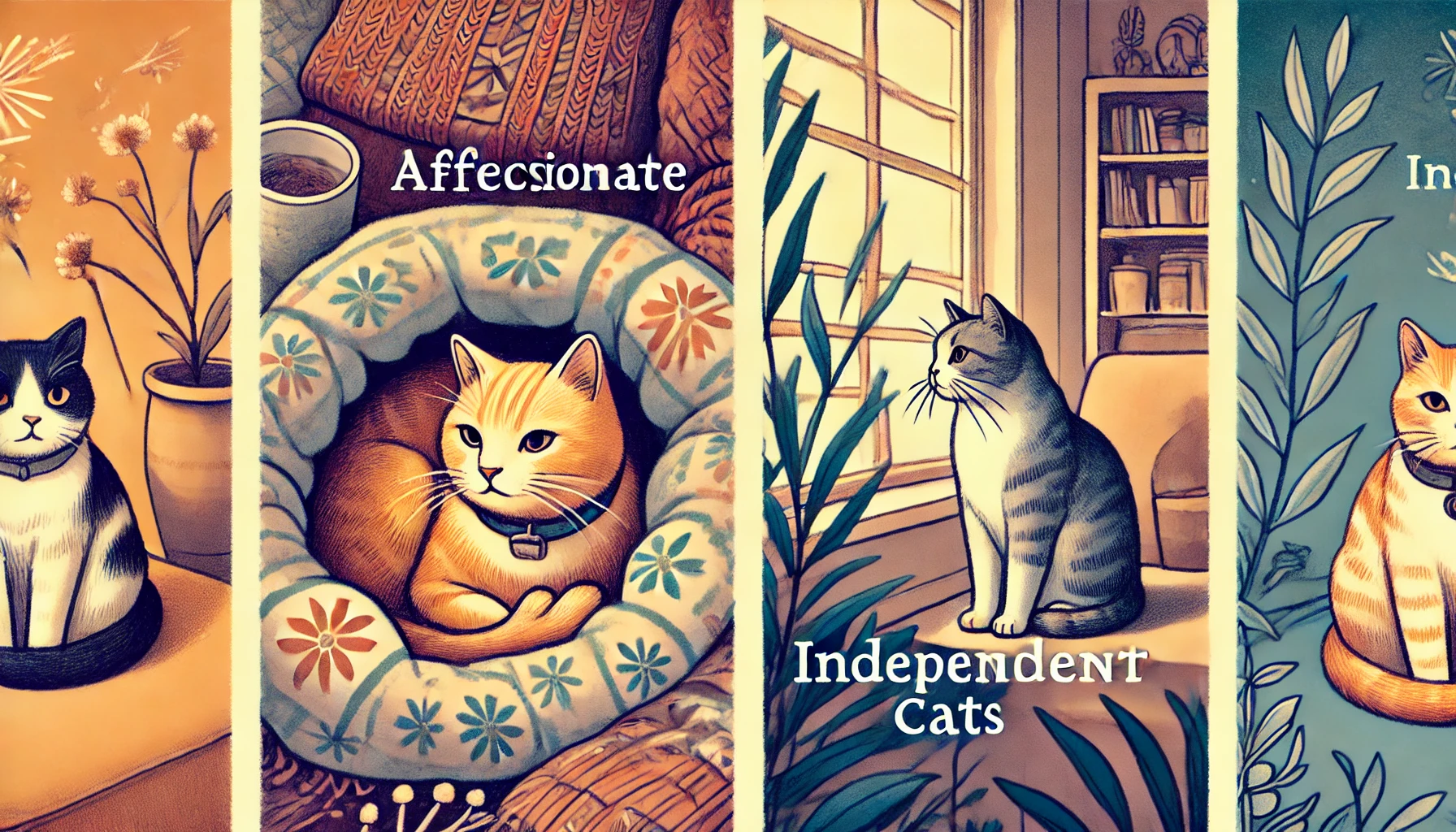
Affectionate vs Independent: What Type of Cat Fits You?
A few cats simply need to be loved as much as possible, following their owners everywhere in the house and nestling whenever possible.
Choosing the *right cat* often means knowing how much affection you can provide.
Breeds like the Siamese or Sphynx are known for their warm qualities and will likely be the *right cats* for those desiring a close and interactive relationship.
Some cats, however, are more independent, satisfied with what they do, and can easily spend a lot of time alone.
If you have a busy schedule or are generally looking for a more hands-off approach, the Russian Blue or even a Scottish Fold may be the *right cats* for you.
Tip:
While considering either an affectionate or independent cat, think about how much time you have for a pet.
A more independent cat may be the *right cat* if you are frequently away.

How to Gauge a Cat’s Personality Before Adoption
Probably the best way to be certain you are picking the *right cat* is to get a sense of their personality before you bring them home.
Spend some time observing how they interact with their surroundings and other animals.
Many shelters and most breeders can offer insight into a cat’s temperament to help you make the *right cat* decision.
Pay attention to how the cat reacts if you engage them with toys or by stroking their fur.
Is the cat curious and playful, or do they avoid contact?
In these signs, you can discover whether this is the *right cat* for you.
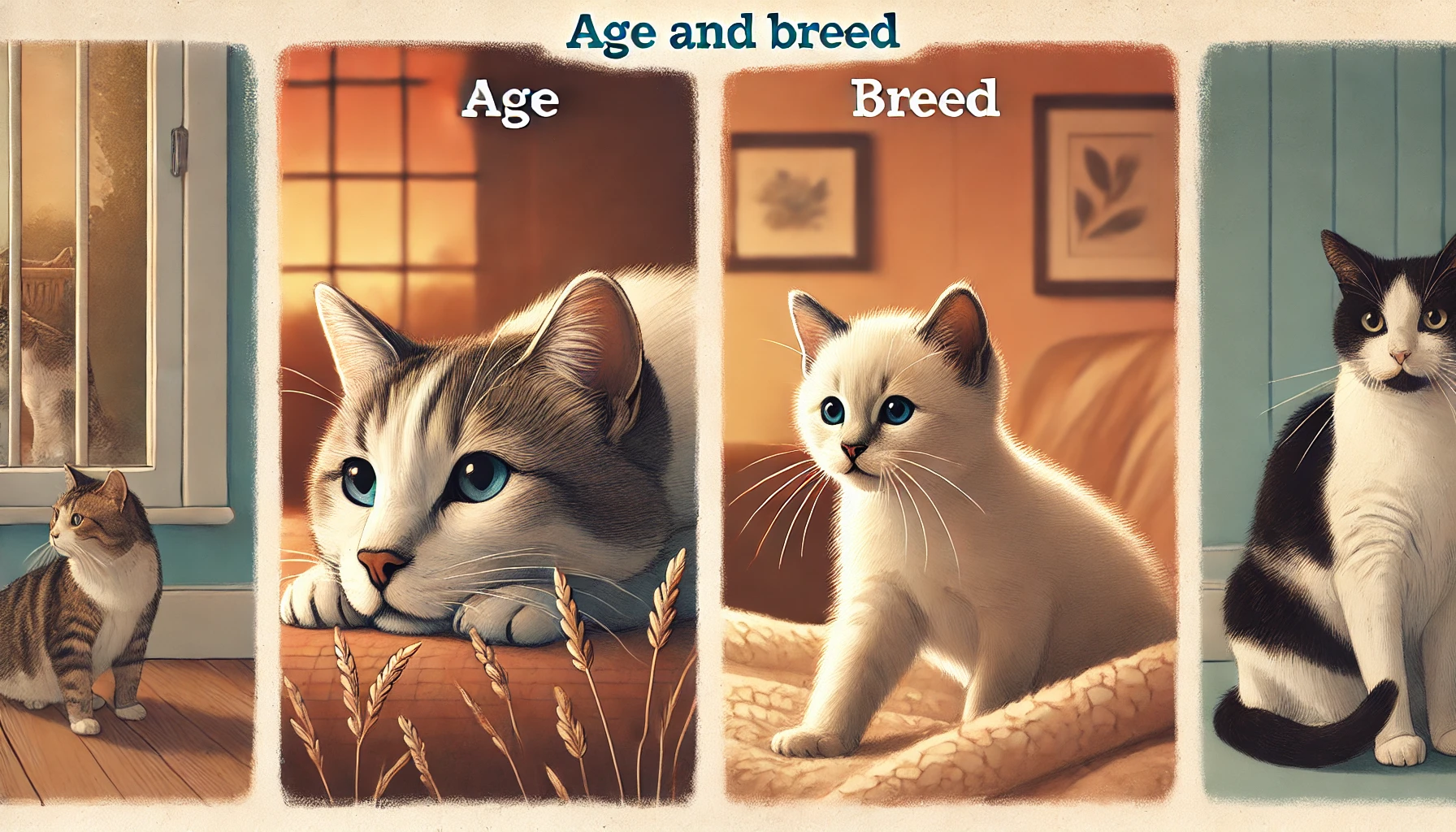
Age and Breed Considerations: How to Choose The Right Cat
While picking the *right cat*, there are two extremely significant variables: age and breed.
These elements not only influence the behavior of a cat but also how well they will blend into your home.
Selecting the *right cat* often involves deciding whether you would prefer a kitten or an adult cat, or a purebred or mixed breed, to ensure the ideal match for your lifestyle.
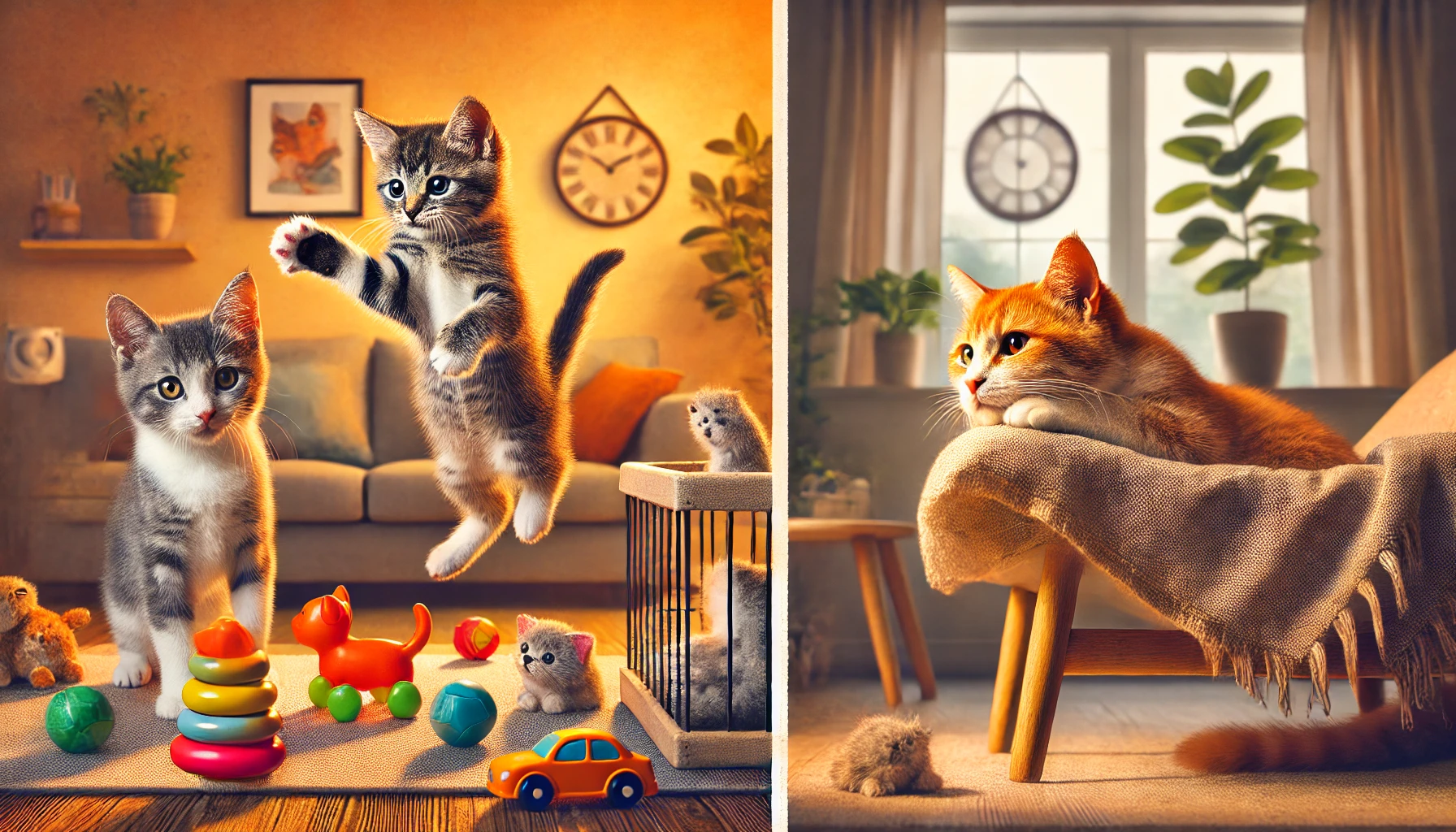
Kittens vs Adult Cats: Pros and Cons for Different Lifestyles
Kittens are sweet and bring loads of energy into any home.
However, they do require a lot of time and attention since they need to be trained and socialized.
If you have the time and patience to raise a kitten, they can become the *right cat*, growing along with your family.
On the other hand, adult cats have already developed their personality and behaviors, making it easier to assess how they will fit in your home.
They’re likely already litter-trained and can be the *right cat* for someone with a busier schedule or less time for training.
Adult cats might be lazier, often preferring to lounge around instead of engaging in high-energy activities, which makes them the *right cat* for a quieter household.
- Kittens: Energetic, playful, and suitable for active families looking for the *right cat*.
- Adult Cats: More predictable behavior, often already trained, making them the *right cat* for busier individuals.
- Kittens: Require more attention and training to become the *right cat*.
- Adult Cats: Ideal for people with busy schedules who want the *right cat* without the extra effort.
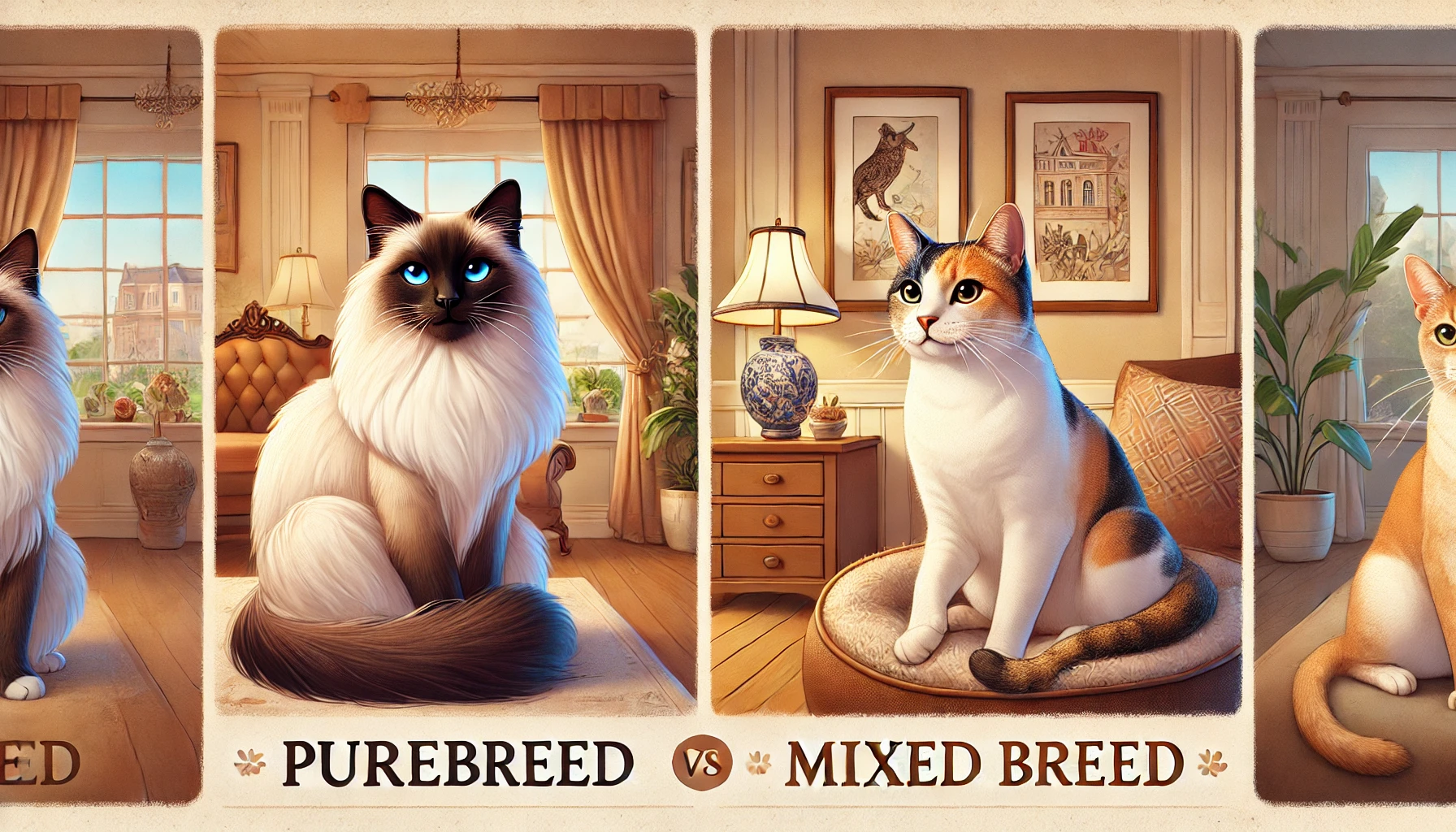
Purebred vs Mixed Breed: Which is The Right Cat for You?
The *right cat* often comes down to breed when considering questions of temperament, health, and adaptability.
Purebred cats generally have distinct personalities or physical characteristics that can be a strong match if you’re looking for something specific.
For instance, Siamese cats are known for their vocal nature and strong bonds with owners, while Maine Coons are large, friendly, and great with families, making them the *right cats* for specific lifestyles.
However, purebred cats can also carry a higher risk of genetic health issues, which could be a concern for some potential owners.
Mixed-breed cats usually have fewer health problems and can combine an interesting blend of personality traits.
They could be the *right cat* for owners who value diversity and adaptability.
- Purebreds: Predictable traits in purebred cats come with some potential health issues, but they can be the *right cat* for specific preferences.
- Mixed Breeds: Often have fewer genetic problems and diverse personalities, making them the *right cat* for various homes.
- Purebreds: Fit well with specific preferences—like a vocal Siamese or a friendly Maine Coon.
- Mixed Breeds: Generally resilient and adaptable, making them the *right cats* for different living environments.
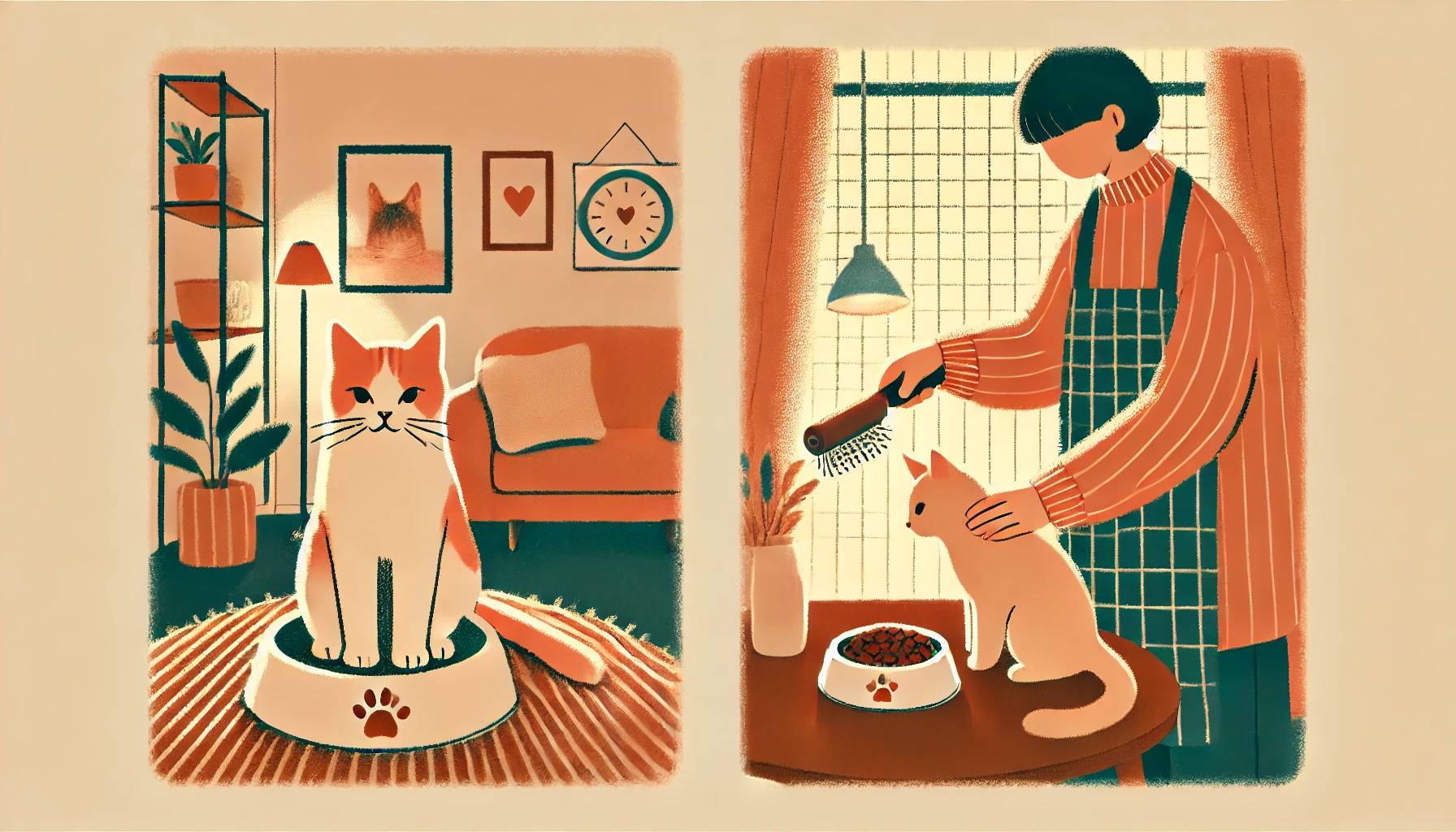
Health and Care: How to Ensure You Choose The Right Cat
Picking the *right cat* additionally includes their wellbeing and treatment needs.
Ensuring that your cat remains healthy will help guarantee that you don’t face ongoing health issues, which can impact both your relationship with your cat and the overall experience of pet ownership.
Selecting the *right cat* with minimal health complications can make a big difference in your long-term enjoyment.
A few cats visit the vet almost continually, while others are quite simple to coexist with.
Ensuring you’re up for the job that needs to be done is critical to making the *right cat* decision for your household.

Assessing Health Histories: Key Questions to Ask
Above all, before bringing that *right cat* home, learning about their health history is essential.
Whether it’s a shelter or a breeder, this information is instrumental in understanding any past medical issues and helping you prepare for future care.
For example, has the cat had a history of allergies, respiratory problems, or possibly inherited genetic disorders?
Knowing these details will help you plan and ensure your cat receives proper care.
Additionally, ask about vaccinations and whether the cat has been spayed or neutered.
This step is important for ensuring the long-term health of your new furry companion and choosing the *right cat* for your family.
Tip:
Always request a full medical history and vaccination records when considering adopting or purchasing the *right cat*.
This will help you avoid unexpected surprises and give you a better idea of the potential healthcare costs associated with your *right cat*.
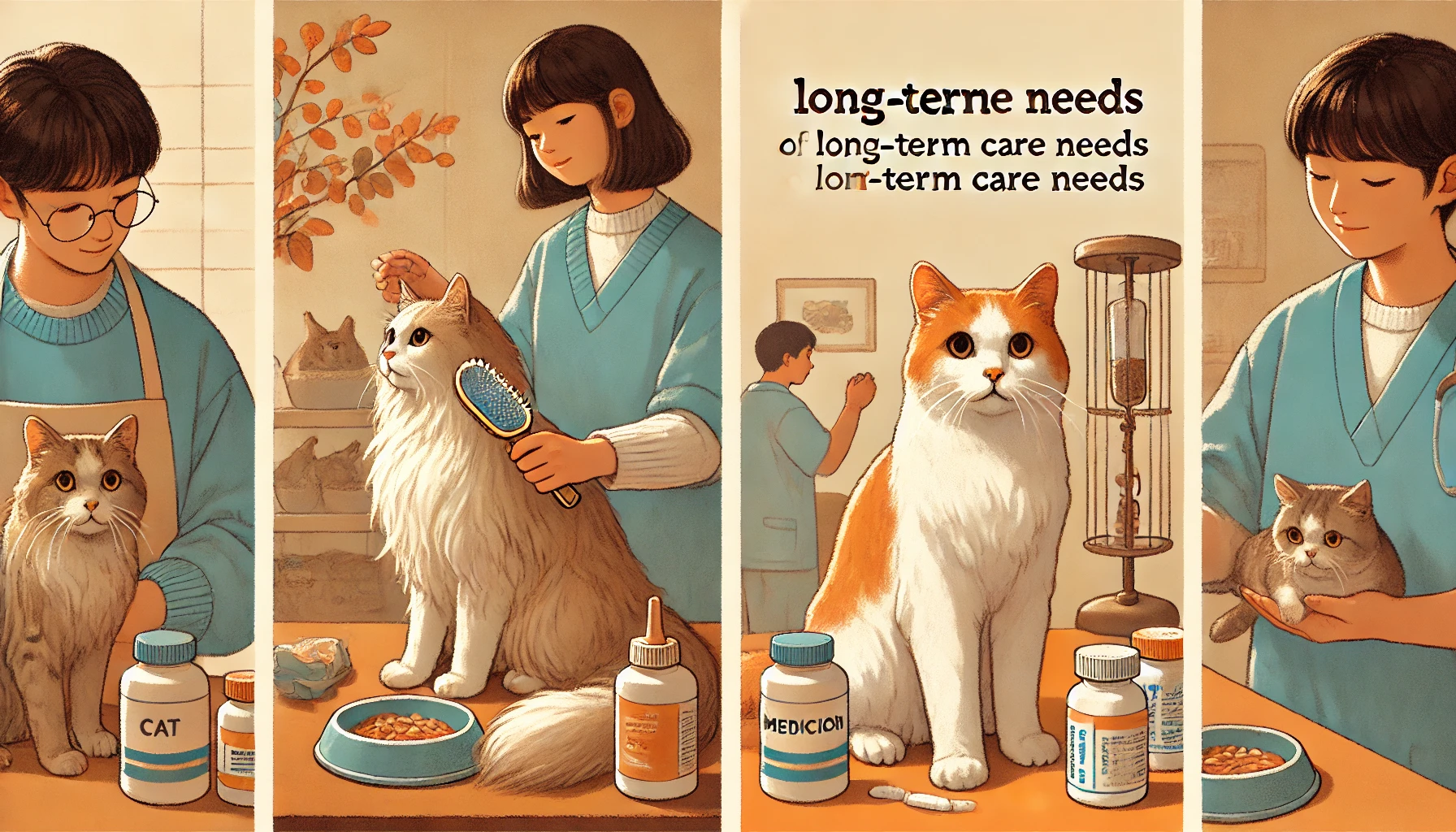
Understanding Long-Term Care Needs of Different Cats
The care requirements of your cat must be balanced with your ability to meet them.
Certain breeds require more attention than others.
For example, long-haired cats, such as Persians, need regular grooming to stay healthy and avoid matting; this can be time-consuming and costly if done professionally.
This is an important consideration when selecting the *right cat* for your home.
Some cats have special diets or require medication to help manage chronic conditions.
For instance, cats prone to kidney disease need special food that supports kidney health.
These care needs can significantly impact your wallet and schedule, so it’s a major factor to weigh when searching for the *right cat*.
- Long-haired breeds usually need regular grooming, making them higher maintenance and impacting your choice of the *right cat*.
- Cats with chronic conditions may require special diets or medications, which should be factored into your decision when choosing the *right cat*.
- Pick a cat where the time investment and the cost of care are within your means to ensure you have the *right cat* for your lifestyle.
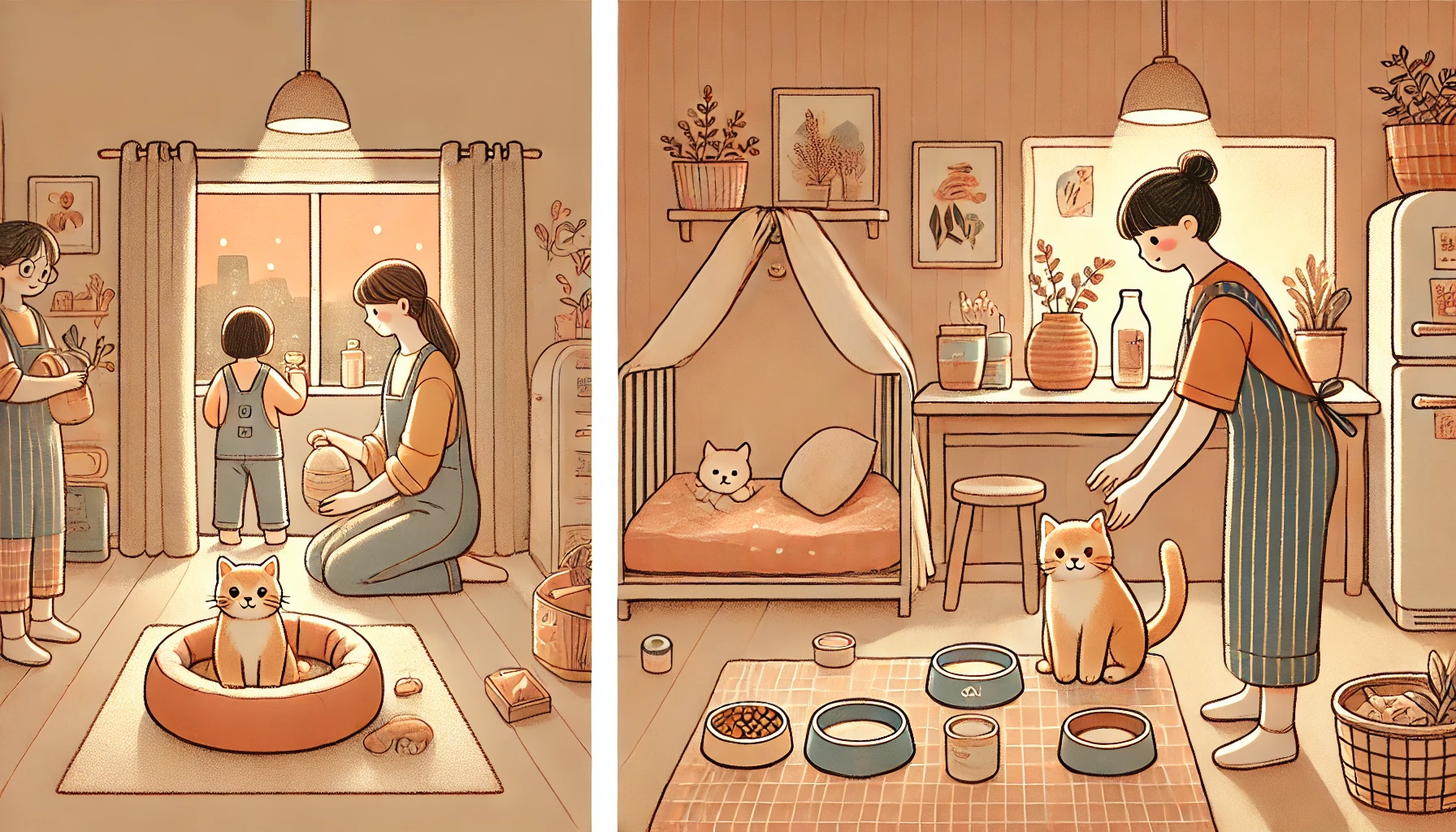
Preparing Your Home and Family for The Right Cat
Whenever you have found the *right cat*, now is the ideal time to set up your home and family for their arrival.
Cats are exceptionally sensitive animals, so creating an environment focused on comfort and ease is incredibly essential for allowing your *right cat* to feel at ease while settling in.
Whether you bring home a kitten or an adult cat, taking the time to properly prepare can make the transition so much easier for both you and the *right cat*.
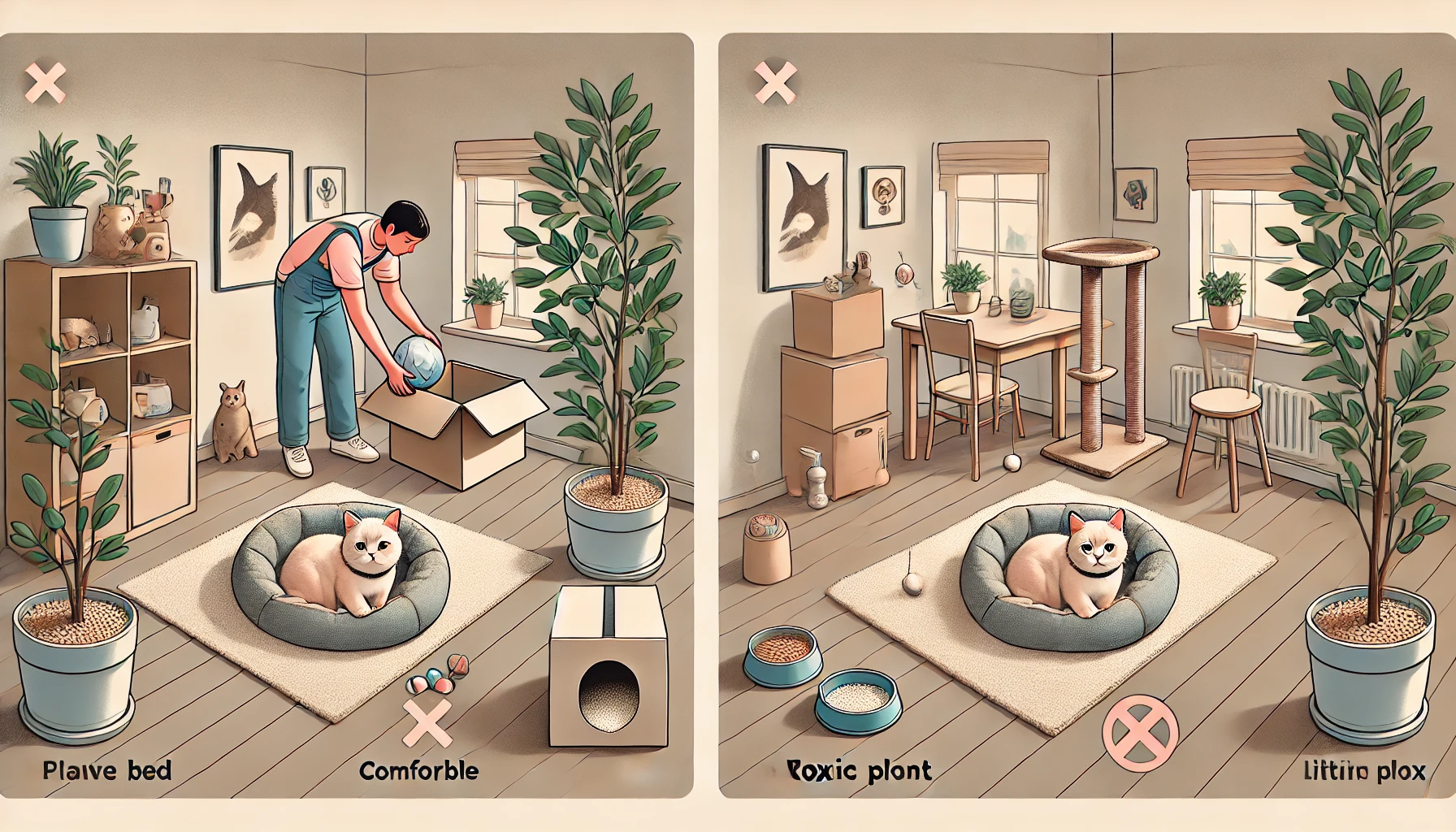
Creating a Safe Environment for Your New Cat
To start, prepare a quiet area or retreat space for your *right cat*, as this is a fundamental step in making your home safe and welcoming.
This could be an extra room or perhaps a cozy corner of your living room.
Be sure to include a comfortable bed, dishes for food and water, and a litter box — all in separate areas to help create healthy habits for your *right cat*.
Additionally, remove hazards like toxic plants, exposed electrical cords, and small objects that could be swallowed by your new cat.
Cats are naturally curious; therefore, eliminating dangers from your space will help prevent accidents as your *right cat* explores their new home.
- Assign a quiet area for your *right cat* to relax when they feel stressed.
- Set up separate areas for food, water, and the litter box for your *right cat*.
- Remove potential hazards like toxic plants and small objects to keep your *right cat* safe.

Introducing The Right Cat to Other Pets
If you already have pets, adding the *right cat* to the family will require some careful coordination.
Cats can be highly territorial, and a rushed introduction can undoubtedly lead to stress or conflicts.
Start by keeping your new *right cat* in a separate room for the first few days in your home.
This will allow them a period of adjustment without feeling threatened by other pets.
Gradually introduce your pets by letting them smell each other through the door.
This will help familiarize them with each other’s scents before their face-to-face meeting.
Only do this when you feel the timing is right for a direct introduction, as you closely monitor the interaction.
Always keep the dog on a leash and ensure your *right cat* has an easily accessible escape route.
Over time, they will start getting used to each other and soon live harmoniously within the household.
Note:
Introduce the *right cat* to other pets gradually and patiently to ensure less stress and a smoother transition.
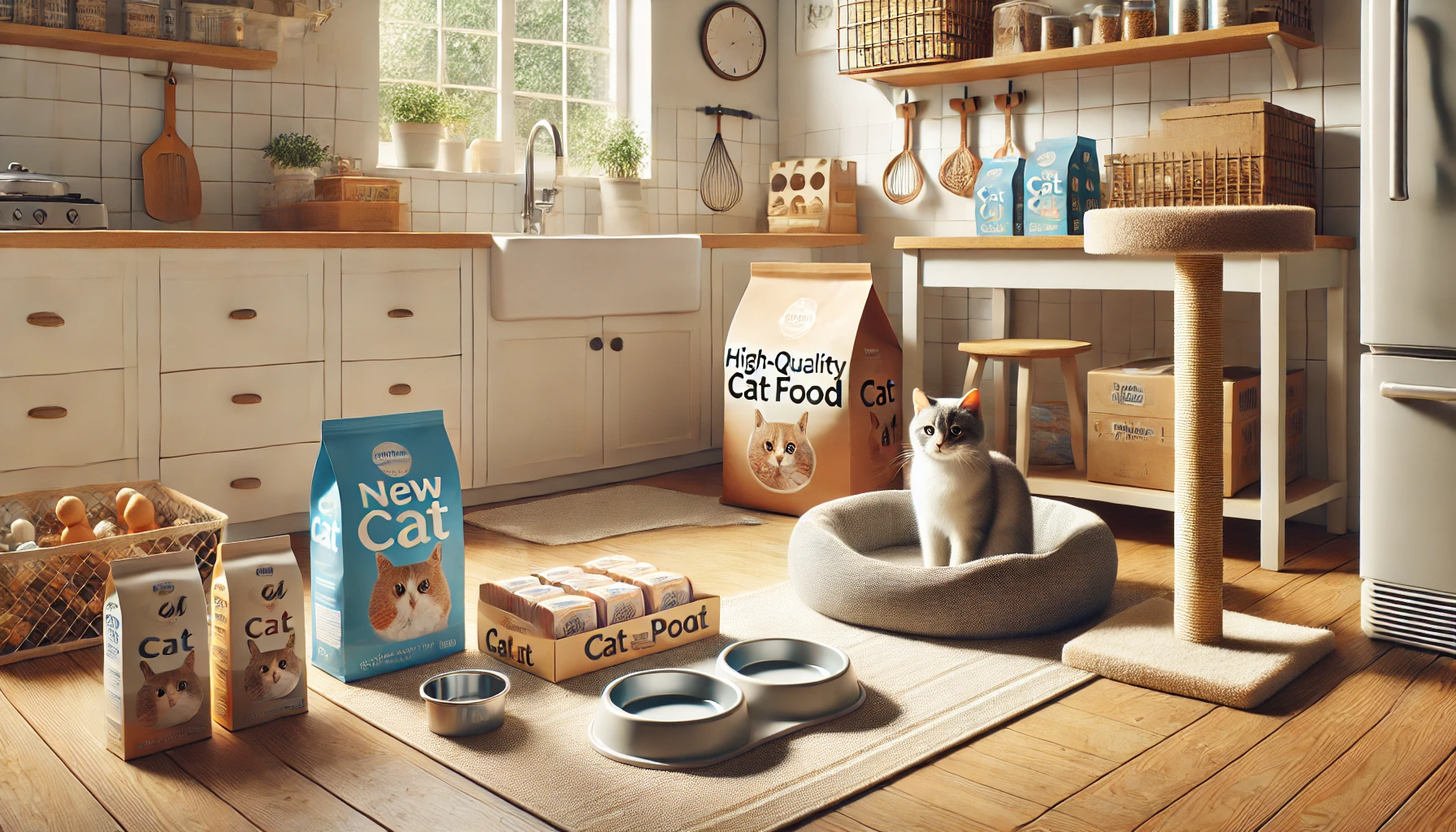
Essential Supplies You’ll Need for The Right Cat
Before bringing home the *right cat*, make sure to have some essential supplies ready: food and water dishes, cat food, a litter box, and a scratching post.
Scratching posts are necessary for cats to keep their claws healthy and to mark their territory.Providing a scratching post will also help protect your furniture from unwanted scratching, making it an essential item for the *right cat*.
Additionally, stock up on toys that will mentally and physically stimulate your *right cat*.
Cats love to play, so interactive toys will help prevent boredom, especially for indoor cats that stay inside most of the time.
- Food and water dishes appropriately sized for your *right cat*.
- High-quality cat food that meets their nutritional needs.
- A spacious litter box and the right type of litter for your *right cat*.
- Scratching posts to keep their claws healthy and protect your furniture from damage caused by your *right cat*.
- Interactive toys that keep your *right cat* happy and engaged in various activities.

Final Thoughts: How to Choose The Right Cat for Your Lifestyle
Picking the *right cat* for your lifestyle is an insightful and rewarding process.
Everything from understanding your energy level and living space to considering the cat’s personality, age, breed, and health is essential.
With this knowledge, you can make an informed decision to ensure a wonderful connection between you and your new feline companion.

Evaluating Your Lifestyle for The Right Cat
Start by exploring what might be the *right cat* for you, according to an honest assessment of your lifestyle.
If you are highly active, you will undoubtedly need an active breed of cat, such as a Bengal or Abyssinian.
On the other hand, if you prefer a calm, sedentary environment, you might want to consider more settled, affectionate breeds like a British Shorthair or Ragdoll.
Matching energy levels between owner and cat goes a long way toward creating a peaceful, happy home with the *right cat*.
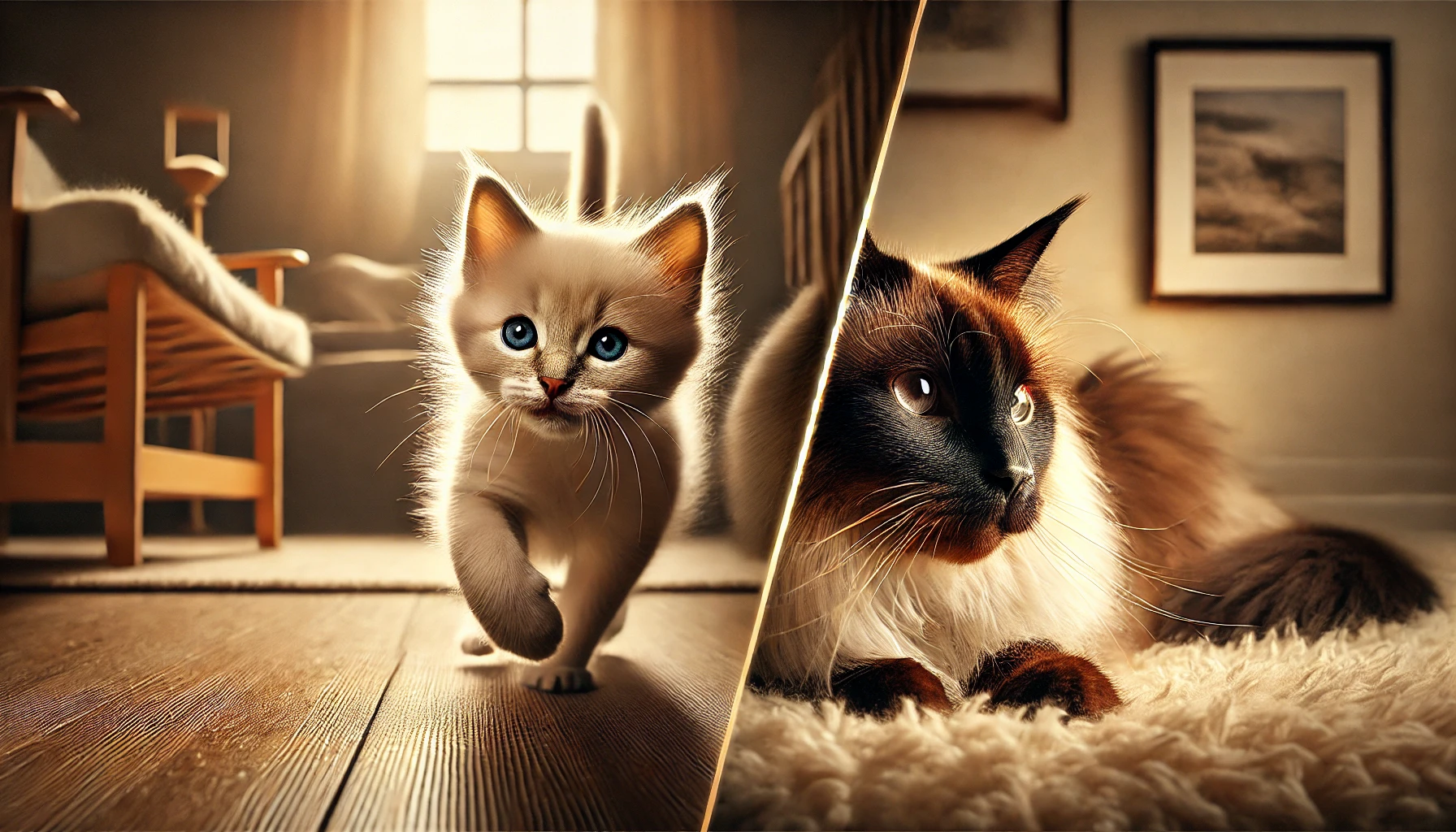
Considering Age and Breed
Another significant decision in finding the *right cat* is whether you want a kitten or an adult cat.
On the plus side, kittens are playful and full of energy; however, they do take time to train.
On the other hand, adult cats tend to have more predictable behavior and are often already trained, making them excellent choices for those with busy schedules.
Breed considerations are also important when choosing the *right cat*.
Purebreds do have specific traits, but they often come with a lot of health issues.
Mixed breeds, on the other hand, generally have fewer genetic problems and possess adaptable personalities, making them resilient options for those seeking the *right cat*.
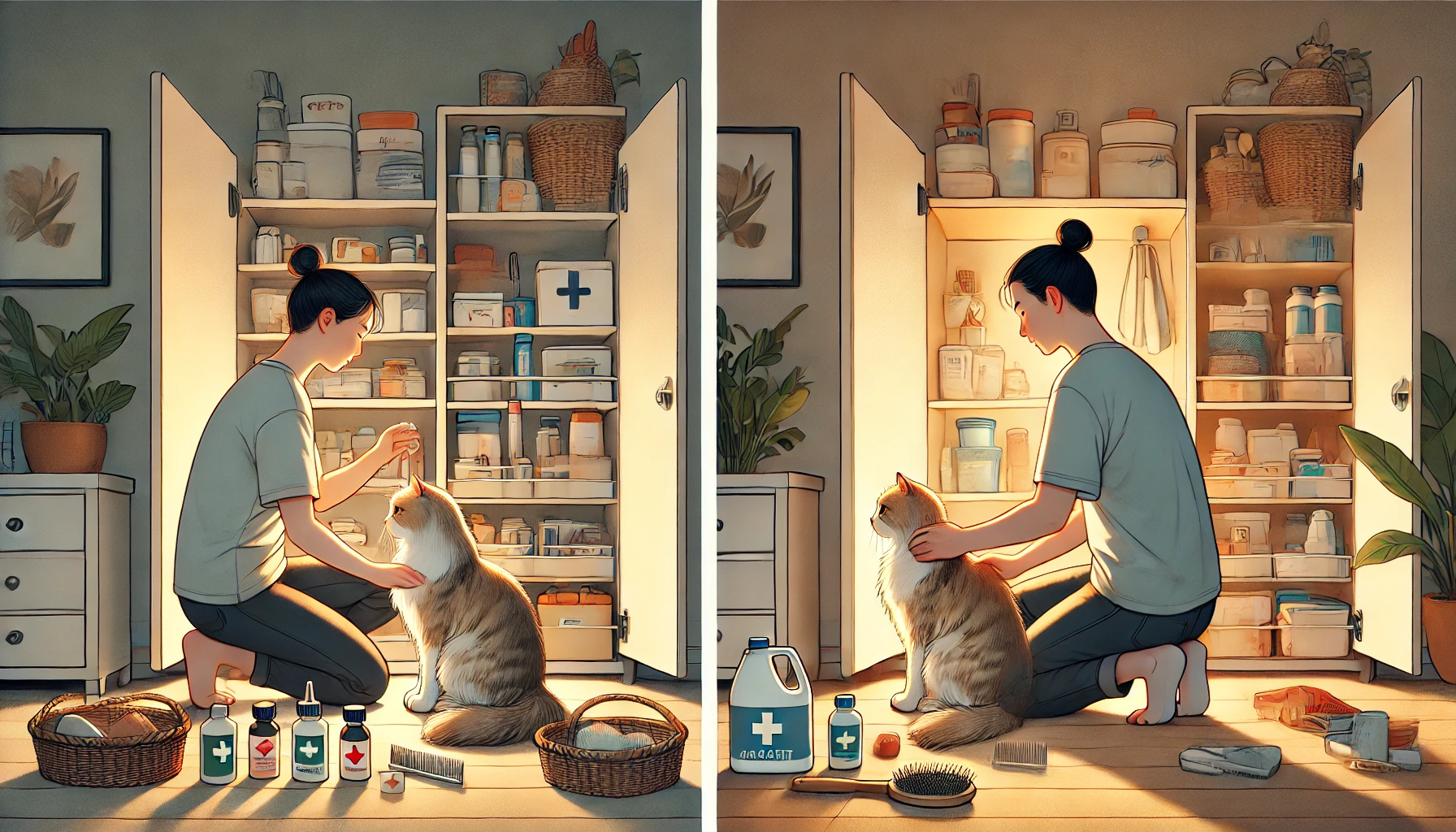
Preparing for Health and Care
Your commitment to the health and welfare of your cat solidifies a long, rewarding relationship between you and your new feline.
Assess their health history and long-term care commitments before deciding to bring the *right cat* home.
Consider aspects such as regular vet visits, grooming, and specific dietary needs.
By choosing a cat whose health and care needs match your ability to provide, you can ensure your *right cat* will thrive in your home.

Preparing Your Home for The Right Cat
A safe and friendly environment is essential for the *right cat* to feel comfortable in their new home.
Designate a quiet area free of hazards, and ensure all necessary supplies are on hand—food dishes, water dishes, a litter box, and scratching posts.
Proper preparation is key to a smooth transition and allows your *right cat* to feel comfortable and secure from the beginning.

Fostering Harmony with Other Pets
If you already have other pets, introducing the *right cat* should be done with patience and planning.
Only by taking things step by step and allowing your pets to get used to each other’s presence can you ensure peaceful coexistence in your household.

Conclusion: Making the Right Choice
Ultimately, choosing the *right cat* involves finding a balance between your lifestyle, the cat’s personality, and your ability to meet their care needs.
You will be able to make a well-informed decision to live happily and harmoniously with your new feline friend if you fully understand every aspect, from their energy level and breed to their health condition and the type of care they require.
Remember, the *right cat* is out there waiting for you, and with proper preparation, you both can embark on a long, fulfilling journey together.
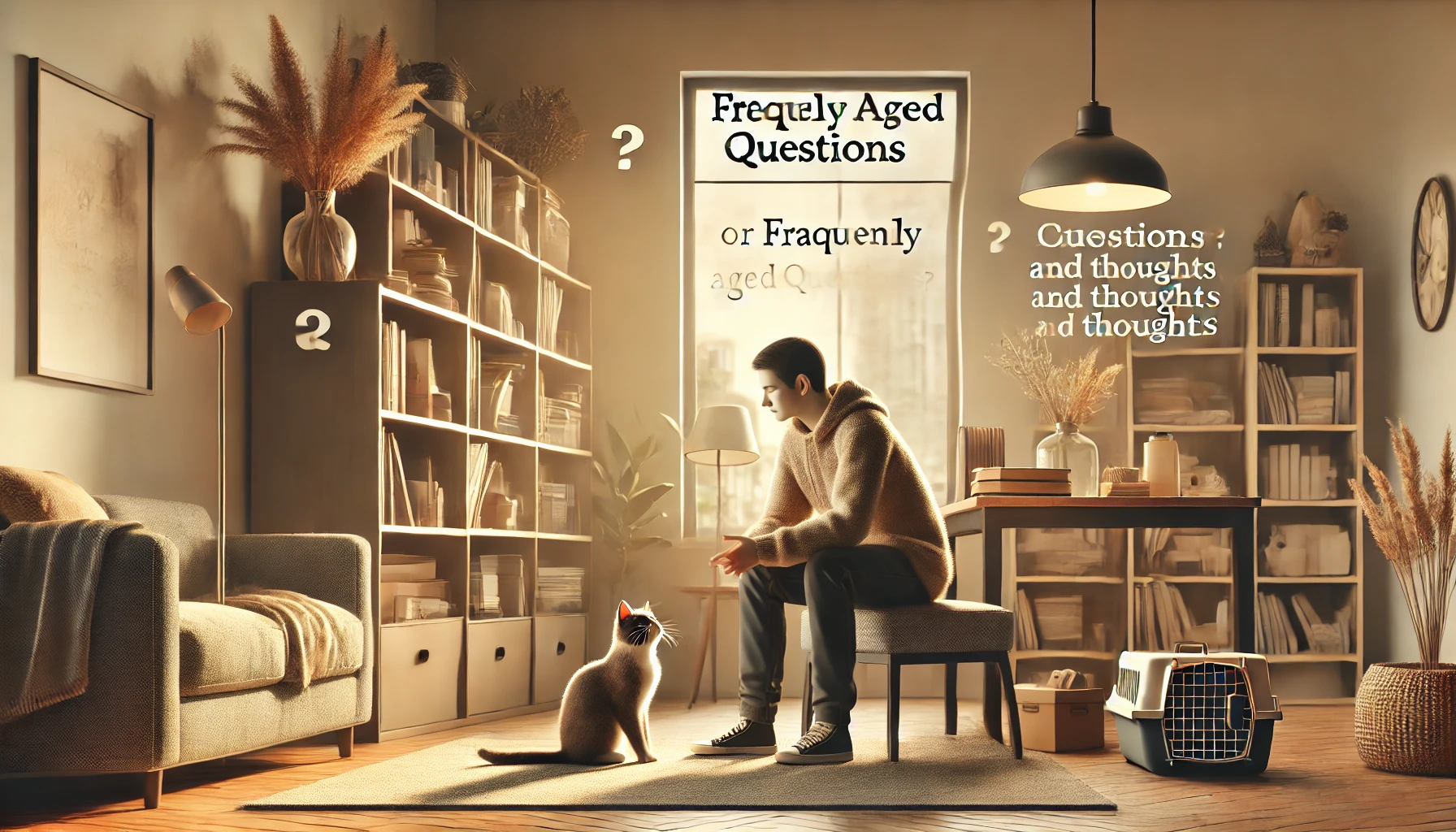
Frequently Asked Questions About Choosing The Right Cat
What factors should I consider when choosing the right cat?
Consider your lifestyle, your living space, the energy level of the *right cat*, its personality, age, breed, and health history.
These factors will align well with what you are looking for in the *right cat* to ensure a great match and a harmonious life together.
Is it better to adopt a kitten or an adult cat?
Kittens are playful and need training; adult cats have already developed behaviors, so they may be easier to care for.
Consider your availability for training and the level of consistency you want when choosing the *right cat*.
How can I prepare my home for the right cat?
Provide a safe space with food and water dishes, along with a litter box and scratching posts for the *right cat*.
Remove hazardous plants, and allow the *right cat* to retreat to a quiet spot when needed.
What should I know about introducing a new cat to other pets?
Introduce your *right cat* to other pets gradually and with patience.
Start by confining them first, then allow for slow olfactory familiarization before finally having a supervised face-to-face encounter.
What are the long-term care needs for different types of cats?
Long-haired breeds will require regular grooming, while cats with chronic conditions may need special diets.
Also consider how much time and money you can devote to their care when choosing the *right cat*.



